Recovering Personal Property Collateral: When Should Secured Creditors Consider Replevin Instead of Self-Help Repossession?
Jimerson Firm
DECEMBER 10, 2021
Many secured creditors and equipment leasing companies have encountered defaulted debts, where the debtors and lessees retain possession of the collateral, including cars, boats, machinery, or other equipment. Security Underwriting Consultants, Inc. Self-help asset recovery is more commonly known as repossession.

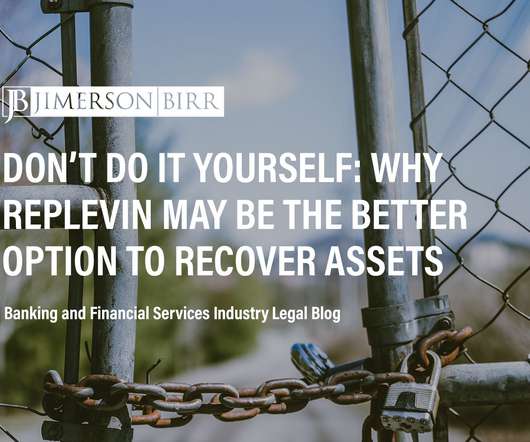
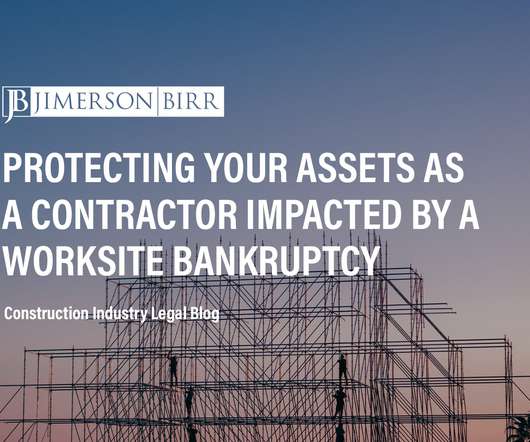
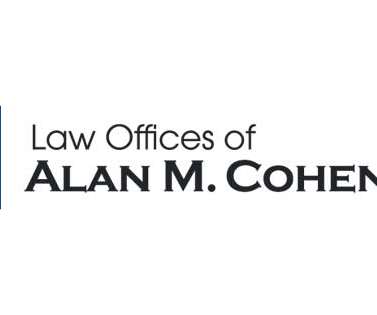
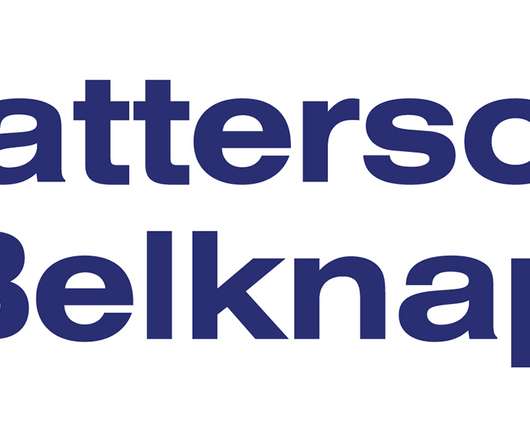



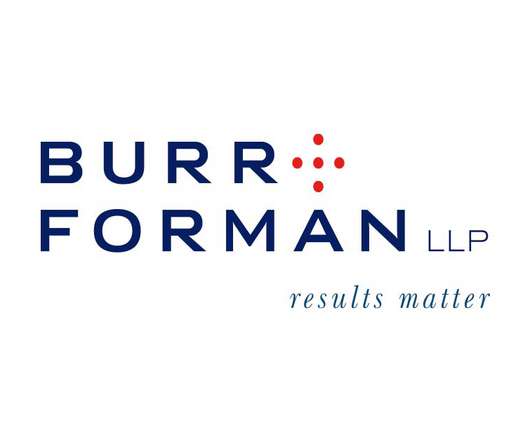

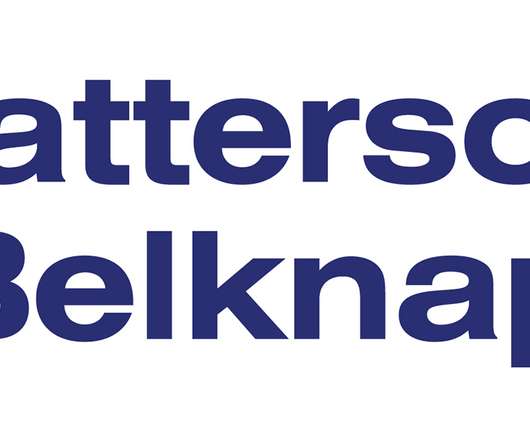






Let's personalize your content